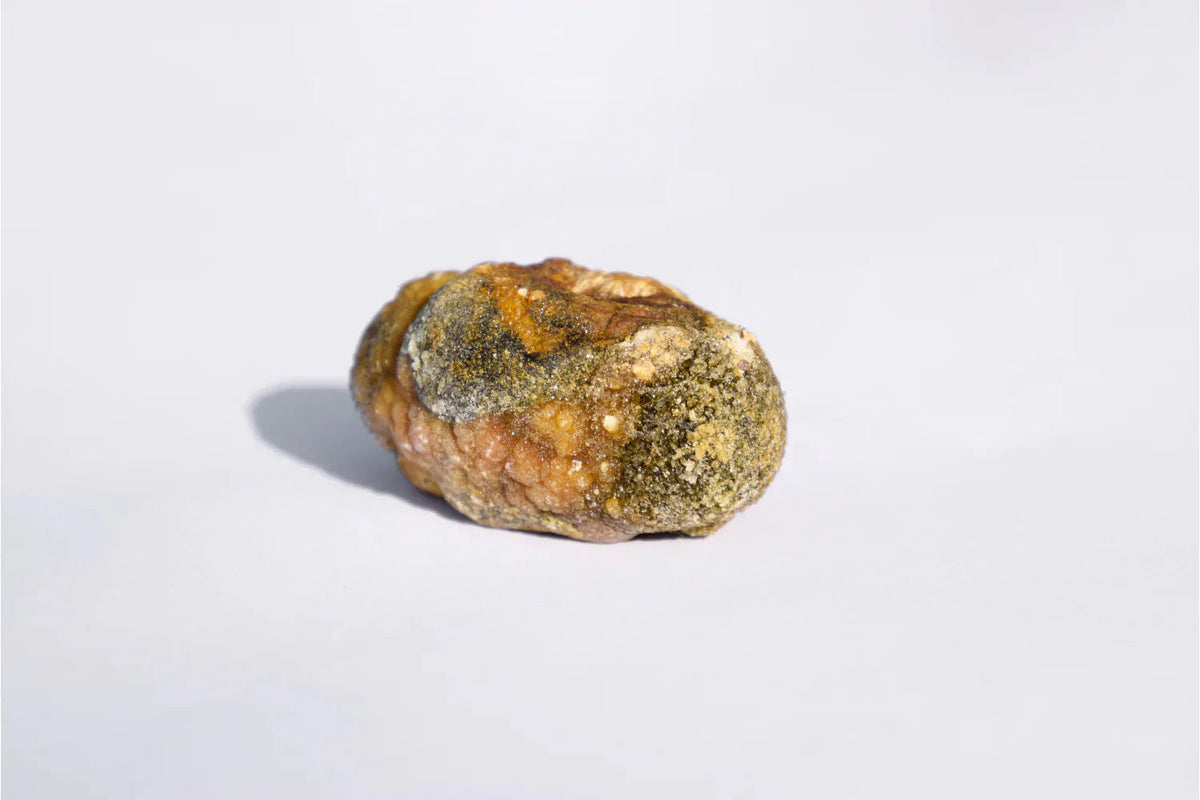
How are Gallstones Formed? What are the Risk Factors & Treatments?
Time to read 3 min
Time to read 3 min
Gallstones can be formed for a number of reasons, especially if you're at risk or have previous issues with gallbladder functioning. Gallstones are essentially hard bile pieces that can form in your gallbladder or in the bile ducts. They can be painful to pass through the gallbladder or the ducts, and require medication to dissolve them.
The formation of gallstones in the common bile duct can be tracked through ultrasound, CT scan, and other imaging technologies. You can also track gallstone formation by understanding the symptoms and the signs of the issue. Your doctor can perform a complete analysis of the gallbladder and check the presence of cholesterol gallstones in the body.
When there is an imbalance in bile and bilirubin in the body, then there is a risk of the formation of gallstones. You can have cholesterol stones and pigment stones, depending on the composition of the gallstones present.
You are more likely to develop stones in the gallbladder if you have a medical history of gallbladder issues and poor lifestyle & nutrition. You can experience signs such as fever, pain, rapid weight loss, etc. when your bile has excess amounts of cholesterol and there is a risk of gallstones.
These are some of the important risk factors for gallstones, which should be analysed over time to ensure prevention and risk reduction.
Older individuals can have a higher risk of developing gallstones, which is why testing is important. You can get them tested when they start experiencing the common signs of the condition.
Pregnant women can have a higher risk of developing gallstones, if they're unable to follow the right diet patterns. There may also be some complications related to hormonal changes, which can lead to a higher production of bile.
Diabetes and other conditions can have a greater risk factor associated with stones. There may be issues with the gallbladder present if the individuals isn't tracking their diet carefully.
Rapid weight loss is a critical risk factor for a range of conditions, especially around gallbladder functioning, blood health, and immunity.
If you've had a prior history of gallstones then getting a test done is vital. You should check your risk factor carefully.
Your diet can impact your overall gallbladder health, especially when you're consuming high-fat and highly processed foods. It's important to switch to more fruits and vegetables, while opting for all natural nutrition.
Smoking, drinking, and other lifestyle related factors can add toxins and disrupt the natural functioning of bile in the gallbladder.
If you're at risk of developing stones, then it's important to track the signs to monitor the condition. You should also be careful of your diet and lifestyle decisions so that you can avoid them long-term.
You can experience pain the upper right area of the abdomen, which can be indicative of issues with the gallbladder.
You can experience nausea that may be accompanied with the abdominal pain related to the stones. You can also experience vomiting as a sign of issues in the gallbladder or other organs.
Cramping can also occur when you are managing abdominal pain, which can be related to the gallstones.
Your urine may become darker and have a different consistency indicating a change in how your body is processing bile as it passes through the gallbladder.
Fever is another important symptom that should be tracked, as a fever of over 3-4 days without a clear condition mapped could be a sign of gallbladder issues.
You should follow these strategies to prevent gallstones, as well as consult with your doctor about the right treatment methodologies.
When it comes to asking how are gallstones formed, the diet of the individual has a vital part in it. You should focus on an all-natural diet that is rich in fruits and vegetables.
You should cut out excessive smoking and drinking, while opting for healthier lifestyle strategies that help in stress reduction and vitality enhancement.
Fibre is vital for improving your overall health, especially when there are issues with digestion, liver, and gallbladder functioning.
Doctors can prescribe medication to dissolve the stones, which can help in easing the symptoms and improving the general health of the person.
Surgical procedures to remove the gallbladder can be recommended in severe cases. The stones may also be removed through surgical procedures as per the recommendation of your doctor.
* * Medical Disclaimer - The following information is for educational purposes only. No information provided on this website, including text, graphic, and images, are intended as substitutes for professional medical advice. Please consult with your doctor about specific medical advice pertaining to your condition(s).


